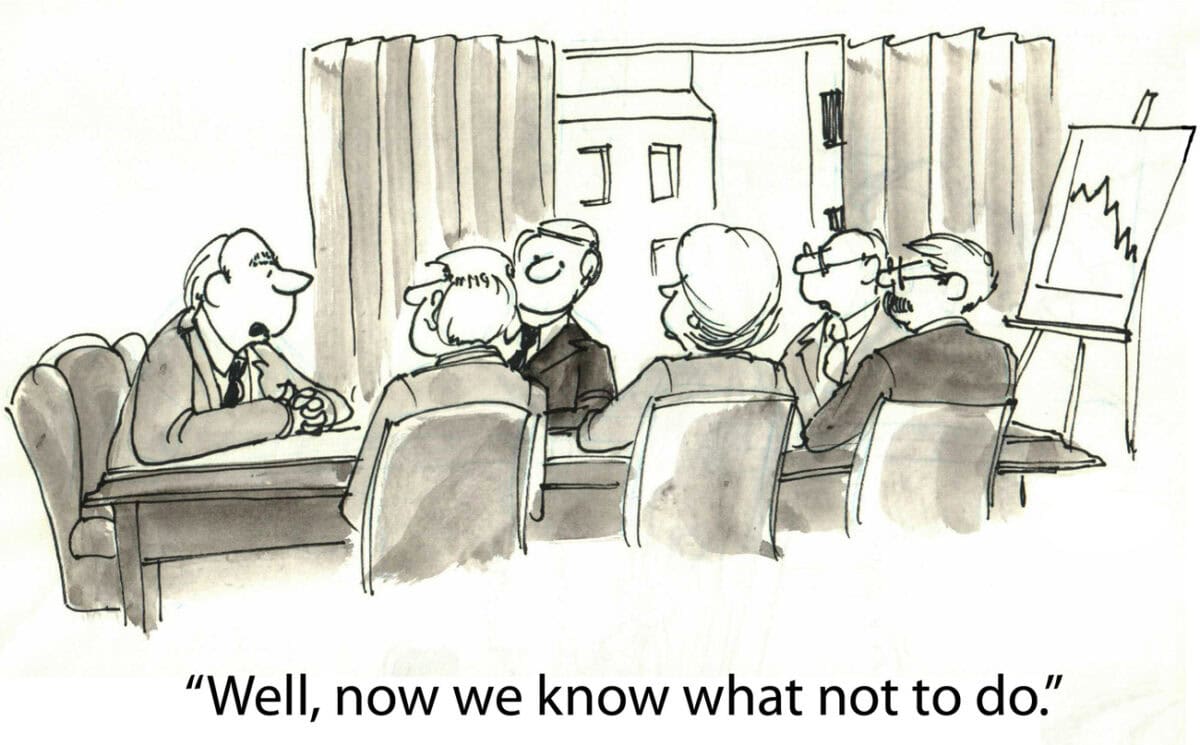The concept of Bullshit Jobs persists. In the Oxford University Press BRAIN, neurologist Masud Husain applies the idea to universities and intellectuals. As I qualify as neither, I read the article seeking insight into the concept’s progress and application to occupational health and safety (OHS). I found connections to burnout, stress and Safe Work Method Statements.
Category: psychiatric
Burnout prevention to receive considerable media attention
Jennifer Moss is a prominent analyst on work-related burnout and mental health. She is one of the few receiving global attention for pointing out that the prevention and control of the burgeoning mental health crisis are best addressed by reassessing and redesigning how organisations are run and workers are managed. Her latest book, due out in a few weeks, will supercharge the debate on managing psychosocial risks and psychological hazards at work.
Continue reading “Burnout prevention to receive considerable media attention”Mental health, neoliberalism and trade union myopia
The Australia Institute is a progressive (Left-leaning) research institute that recently commemorated its 30th anniversary with a book called “What’s the Big Idea?” Contributors are compatible with the Institute’s ideologies, but some chapters overlap with occupational health and safety (OHS).
Psychosocial and psychological wisdom
LinkedIn is becoming similar to Facebook in some ways, but it still provides excellent interpretations of occupational health and safety (OHS) laws and important social perspectives. Below are two such posts, reproduced with permission from the authors Richard Coleman and David Burroughs. (I have asked Richard to write some articles exclusively for SafetyAtWorkBlog)
Disciplinary overlaps may help with worker engagement
There is a considerable overlap between organisational psychology, Human Resources and occupational health and safety (OHS), even though each has developed its own culture and language. People are just starting to acknowledge the overlap and trying to increase it.
One example of that overlap was on display in an interview with prominent podcaster Mel Robbins, who admitted that:
“The hardest thing about what I do is that oftentimes the advice and the tools sound dumb or repetitive…”
Our understanding of suicides is improving…..finally
[The following article discusses suicide]
In November 2024, Victorian Coroner John Cain said:
“”While our early research suggests that Victoria’s suicide rate has not increased overall, it is troubling that we continue to see no sustained reduction in lives lost.”
Cain has instigated a research program with the Melbourne School of Population and Global Health at the University of Melbourne to provide a better understanding of suicide trends and rates. An understanding supported and queried by an article (paywalled) in The Weekend Australia written by journalist Stephen Corby.
Plenty of what and how with a little bit of why
Psychosocial hazards are gaining attention online, but the pace of change remains sloth-like. Two recent online events provide good, basic occupational health and safety (OHS) and organisational psychology information and some insight into the slow pace.







